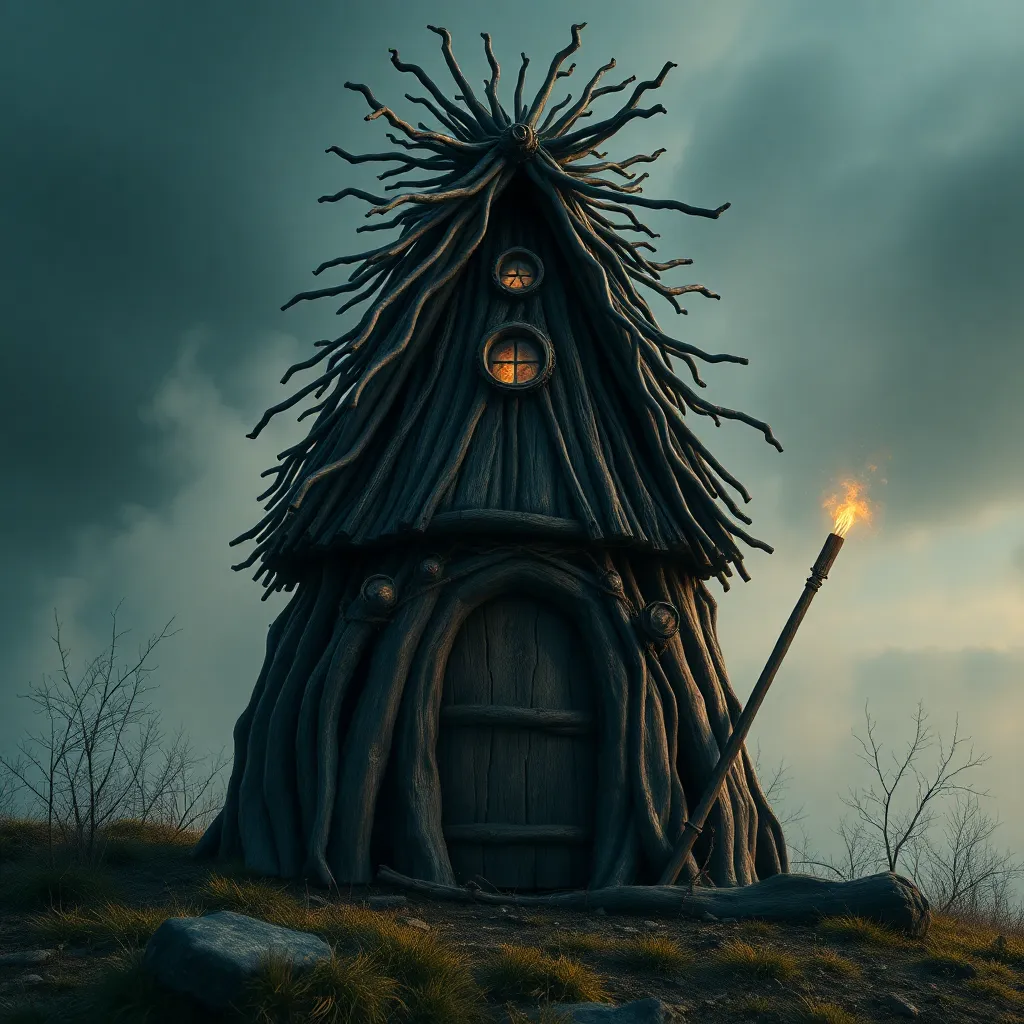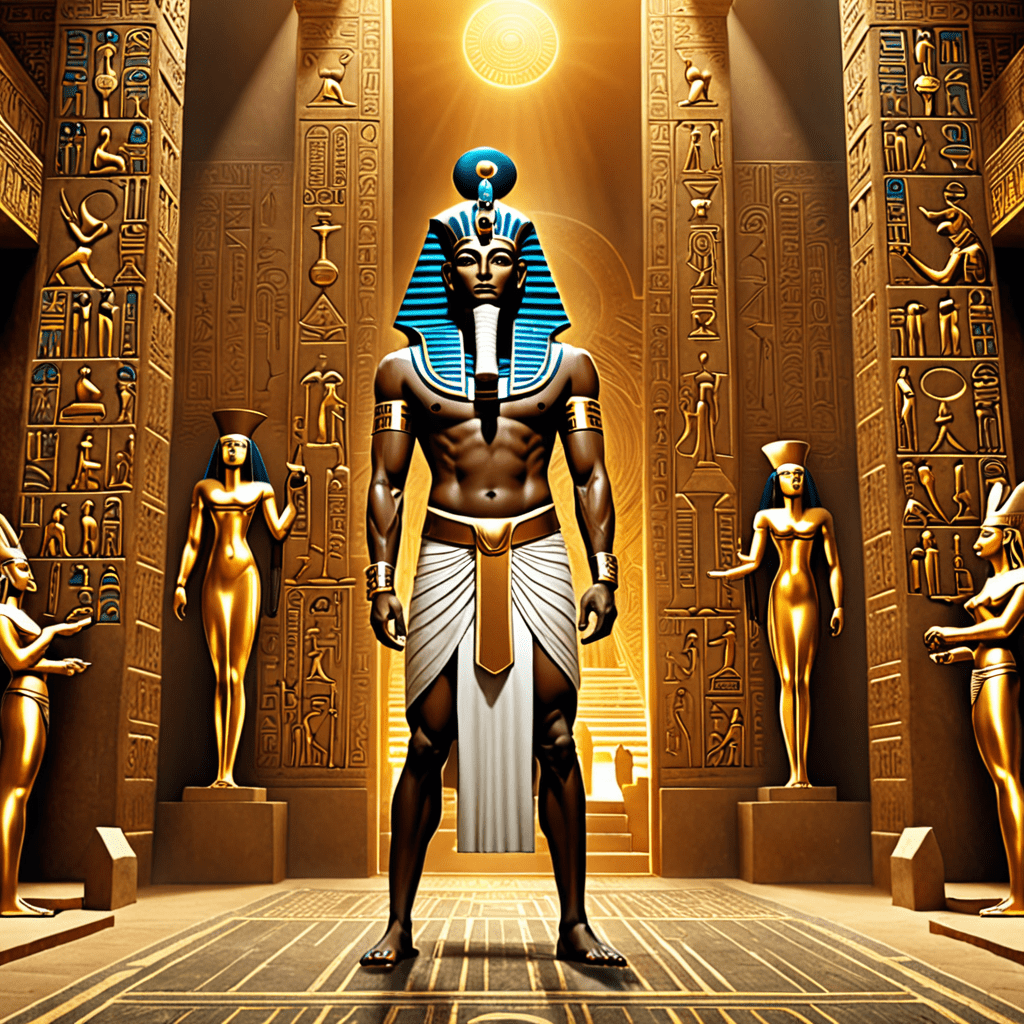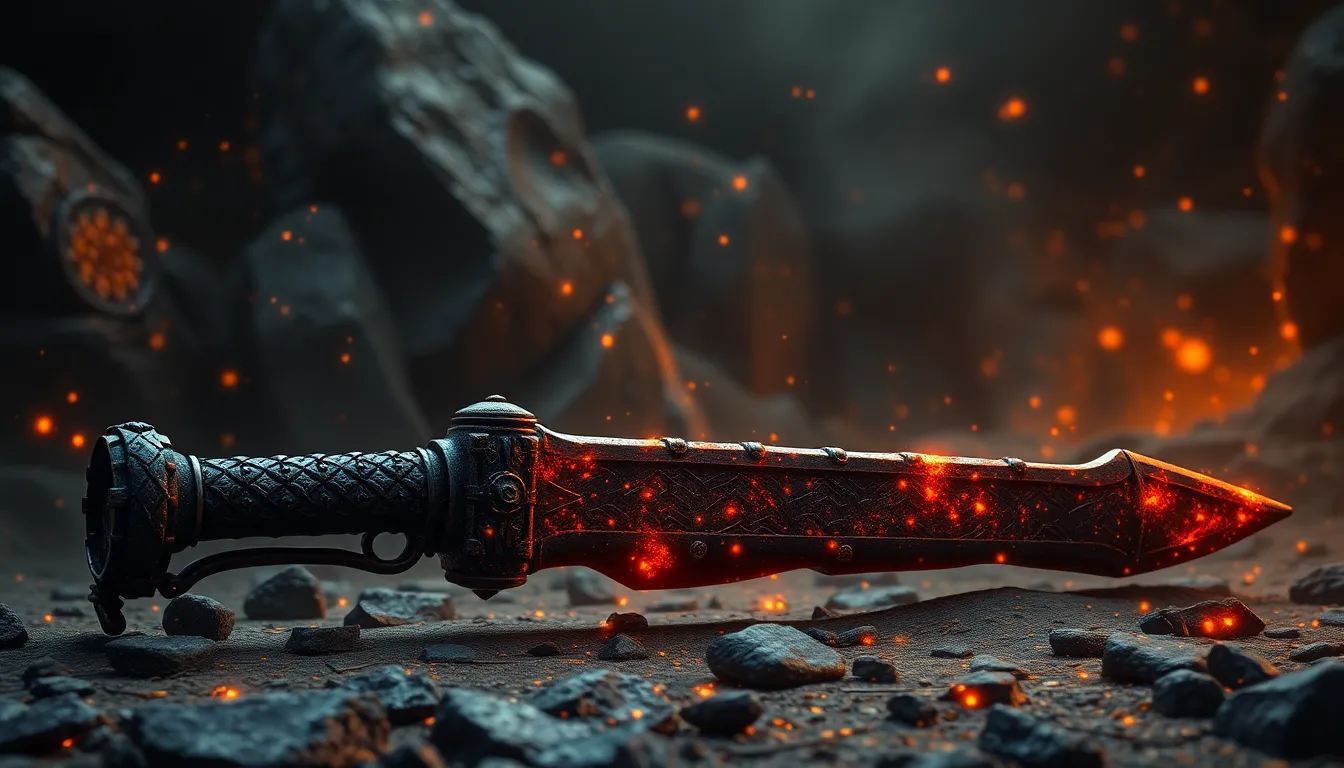Mythical Warriors: The Most Intense Battles of All Time!
I. Introduction
Mythical warriors are figures from ancient legends and folklore, often embodying the ideals of bravery, strength, and honor. They are central to many cultures’ mythologies, representing the struggle between good and evil, life and death, and the human condition itself. Battles in mythology are not merely physical confrontations; they are symbolic of deeper themes, such as sacrifice, fate, and the quest for glory. This article delves into some of the most epic confrontations involving mythical warriors, exploring their origins, legendary figures, significant battles, and the lasting impact they have had on culture.
II. The Origins of Mythical Warfare
The concept of warfare in mythology often draws from historical contexts, reflecting the values and beliefs of the societies that created them. Mythological battles frequently serve as allegories for real-life conflicts, representing the struggles of tribes or nations.
- Historical context: Many ancient societies faced warfare as a reality of life, and their myths encapsulated these experiences.
- Cultural influence: Religion and cultural practices shaped the archetypes of warriors, depicting them as champions of their people.
- Supernatural elements: Gods and supernatural beings often intervened in battles, altering the course of events and emphasizing the divine aspect of warfare.
III. Legendary Warriors of the Ancient World
Throughout history, certain figures have emerged as legendary warriors, each with their own unique stories and battles that have become immortalized in myth.
A. Achilles: The Greek hero of the Trojan War
Achilles is perhaps the most famous warrior in Greek mythology, known for his unmatched prowess in battle during the Trojan War. His story embodies themes of honor, revenge, and the tragic nature of heroism.
B. Beowulf: The slayer of Grendel and dragon
Beowulf is a quintessential hero from Anglo-Saxon literature, celebrated for his battles against the monster Grendel, Grendel’s mother, and later, a dragon. His tale reflects the values of courage and loyalty.
C. King Arthur: The battles of Camelot and Excalibur
King Arthur, the legendary ruler of Camelot, is synonymous with chivalric ideals and the quest for the Holy Grail. His battles against invaders and his quest to unite the realm are central themes in Arthurian legend.
IV. The Epic Clash of Titans
Many mythologies feature colossal battles between gods, titans, and heroes, often representing the struggle between chaos and order.
A. The Titanomachy: Gods vs. Titans in Greek mythology
The Titanomachy was a monumental war between the Olympian gods, led by Zeus, and the Titans, representing a fundamental shift in power in Greek mythology.
B. Ragnarok: The Norse apocalypse and its warriors
Ragnarok is the prophesied apocalypse in Norse mythology, culminating in a cataclysmic battle between gods and giants that leads to the death of many deities and the rebirth of the world.
C. The Mahabharata: The great war of Kurukshetra
The Mahabharata is one of the longest epic poems in history, detailing the struggle for power between the Pandavas and Kauravas. The war of Kurukshetra is not just a physical battle, but a profound exploration of duty, morality, and the human soul.
V. The Role of Monsters in Mythical Battles
Monsters play a significant role in mythological battles, often serving as embodiments of chaos and the unknown.
- Famous beasts: Creatures like the Minotaur, Cerberus, and dragons have become iconic adversaries for heroes.
- Significance of dragons: In many cultures, dragons symbolize power and danger, often guarding treasures or ancient wisdom.
- Human vs. monster: This theme recurs in myths, illustrating humanity’s struggle against fearsome adversaries.
VI. Iconic Weapons of Mythical Warriors
Weapons in mythology are often imbued with magical properties, serving as extensions of the warriors themselves and playing crucial roles in battle outcomes.
A. The significance of legendary weapons (e.g., Mjölnir, Excalibur)
Mjölnir, Thor’s hammer, and Excalibur, King Arthur’s sword, are prime examples of how weapons symbolize power, legitimacy, and divine favor.
B. The role of magical artifacts in determining battle outcomes
Many battles hinge on the possession of powerful artifacts, highlighting the belief that destiny can be influenced by material possessions.
C. Symbolism behind weaponry in mythological narratives
Weapons often carry deeper meanings, representing the ideals of the warriors who wield them and the moral lessons of the narratives in which they appear.
VII. Strategies and Tactics in Mythical Warfare
Ancient myths often depict sophisticated strategies and tactics that warriors employed in their battles.
A. Battle formations and tactics in ancient myths
Many legendary battles showcase formations and tactics that reflect the military strategies of the cultures from which the myths originated.
B. The role of cunning and strategy over brute strength
Myths often emphasize the importance of intelligence and strategy, demonstrating that wit can triumph over sheer force.
C. Case studies: Notable battles and their strategies
Examples include Odysseus’ clever use of the Trojan Horse and the strategic maneuvers of the Pandavas in the Mahabharata.
VIII. The Aftermath of Legendary Battles
The aftermath of mythical battles often leaves a lasting impact on both the victors and the vanquished.
- Consequences of mythical conflicts: These battles frequently result in significant losses and shifts in power.
- The theme of sacrifice and heroism: Many warriors face tragic fates, emphasizing the nobility of their sacrifices.
- Lasting impacts on culture: The stories of these battles continue to influence art, literature, and societal values.
IX. Modern Interpretations of Mythical Battles
The tales of mythical warriors and their epic battles have transcended time, finding new life in modern adaptations.
A. Adaptations in literature, film, and video games
Numerous adaptations have brought these stories to contemporary audiences, showcasing the timeless nature of these myths.
B. The enduring appeal of mythical warriors in popular culture
Characters like Achilles and Beowulf remain relevant, representing ideals that resonate with modern audiences.
C. Comparison of ancient myths with contemporary narratives
While the mediums may change, the core themes of heroism, sacrifice, and the struggle against evil remain constant.
X. Conclusion
Mythical warriors and their epic battles hold a significant place in human history and culture. They serve as vessels for exploring fundamental questions about existence, morality, and the human spirit. In today’s world, these stories continue to resonate, reminding us of our shared heritage and the timeless nature of the heroic journey. As we delve into these narratives, we are encouraged to reflect on the values they embody and their relevance in our lives today.




